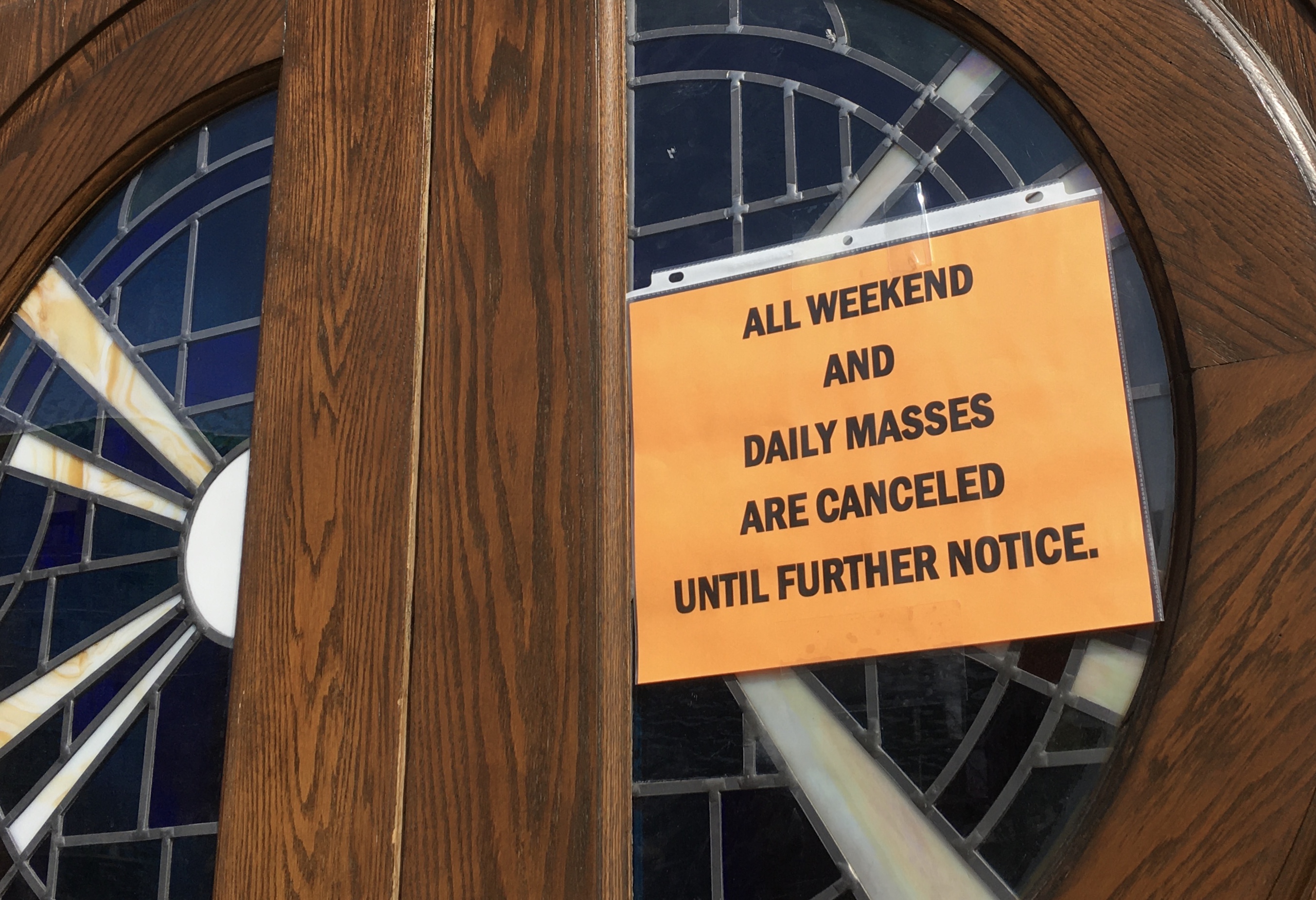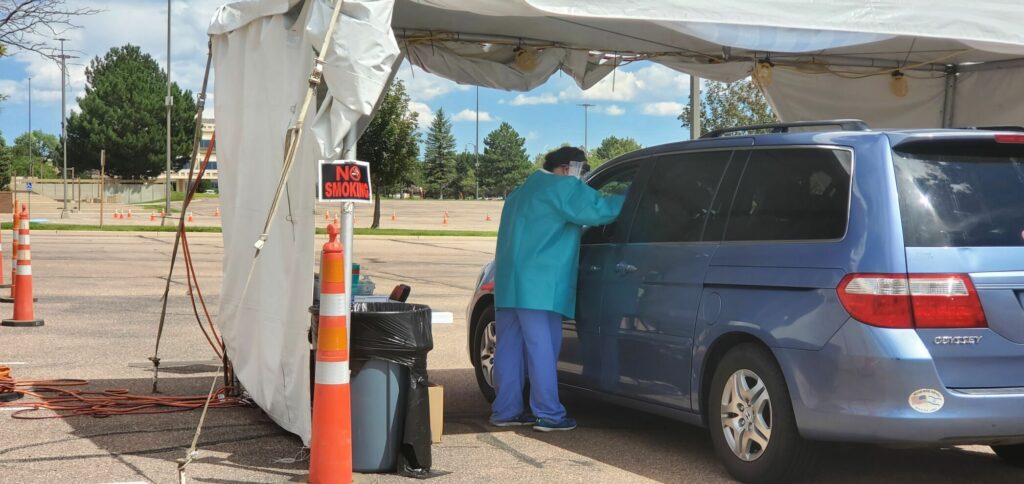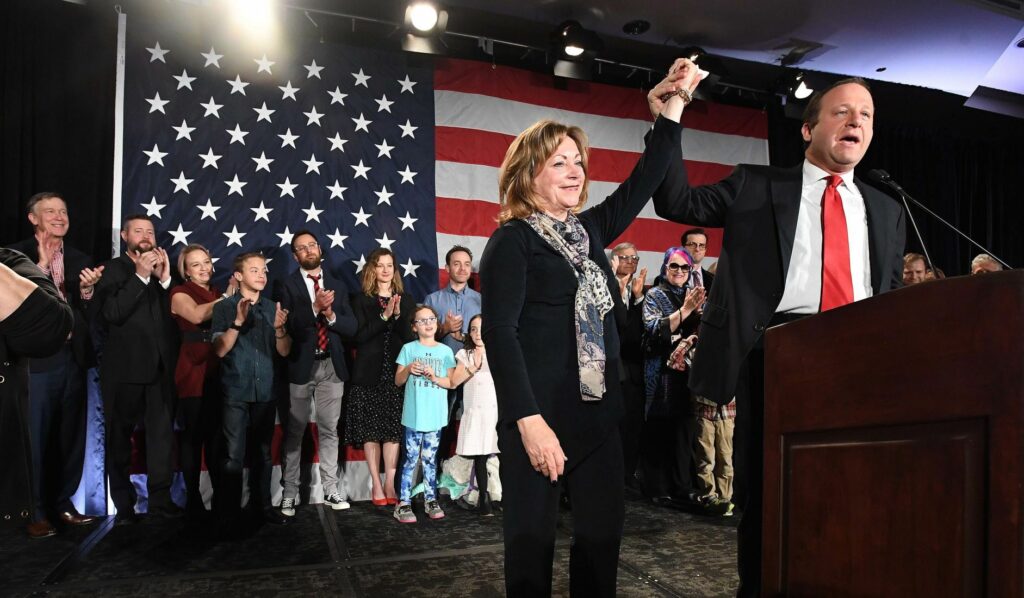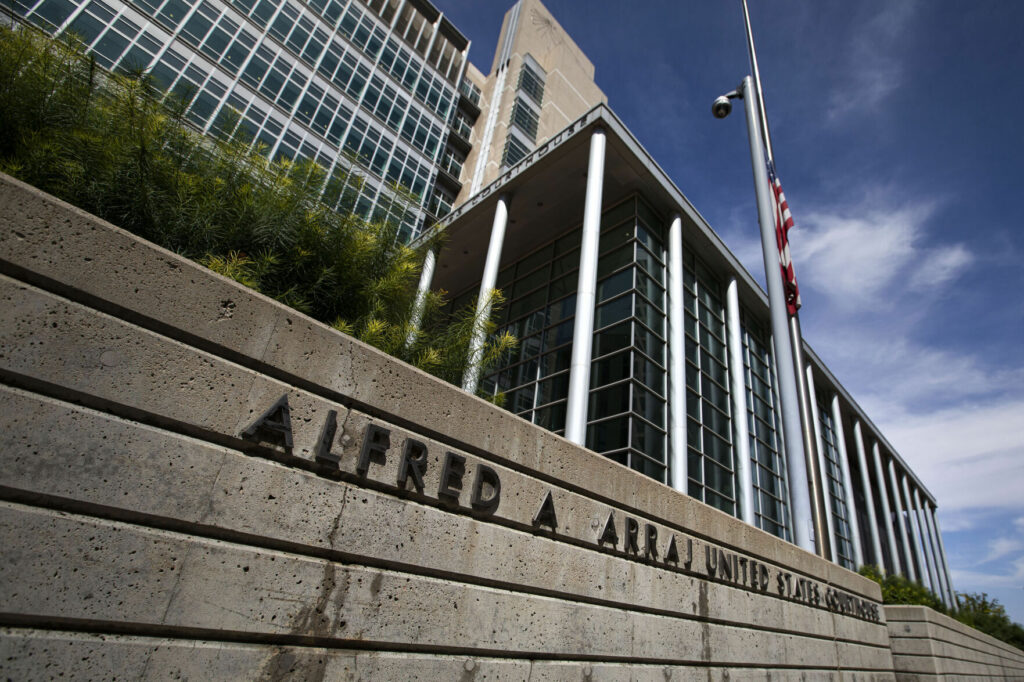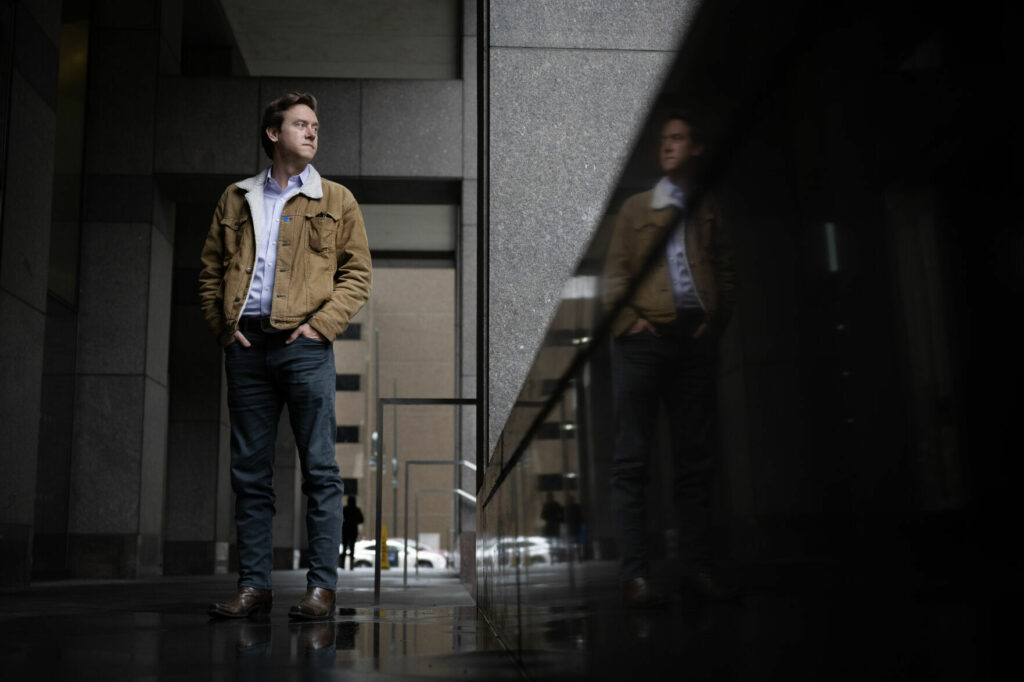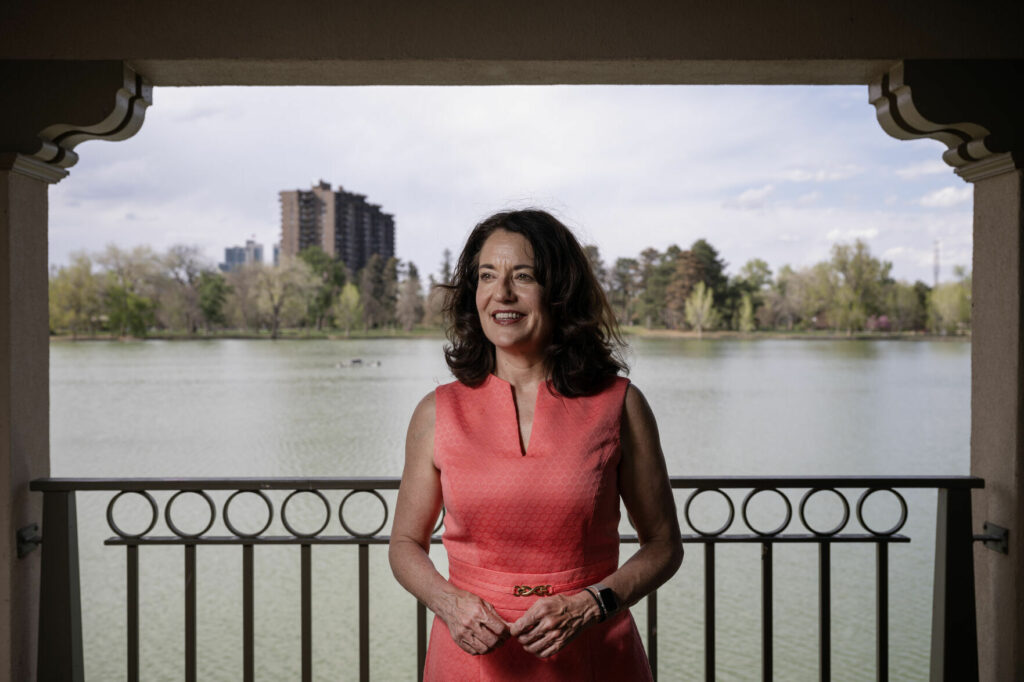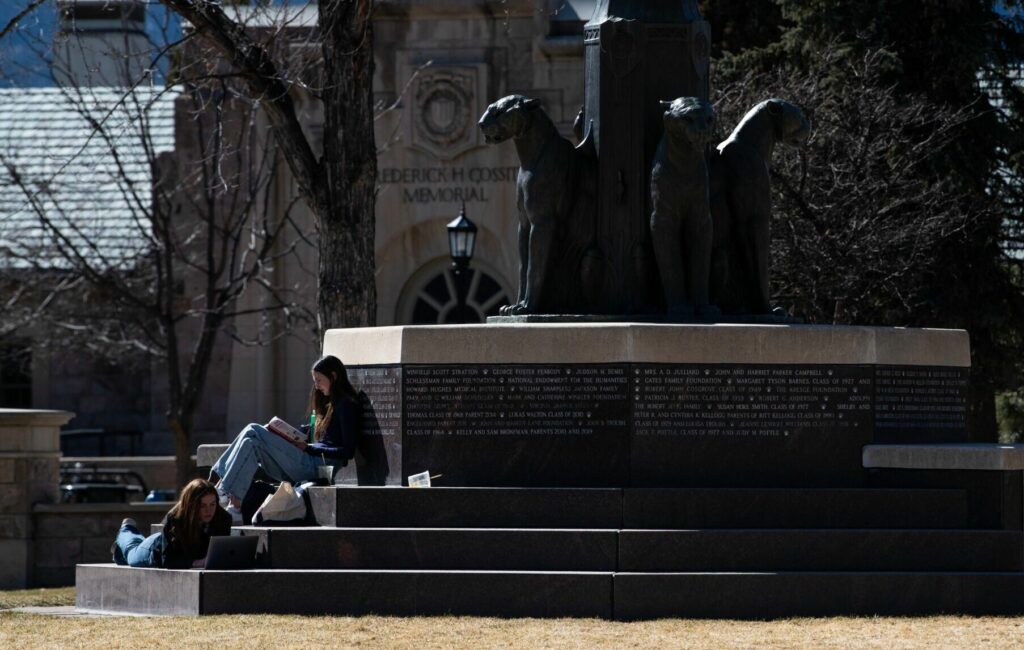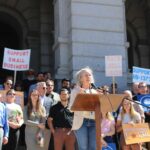10th Circuit dismisses Brighton church’s challenge to future public health orders
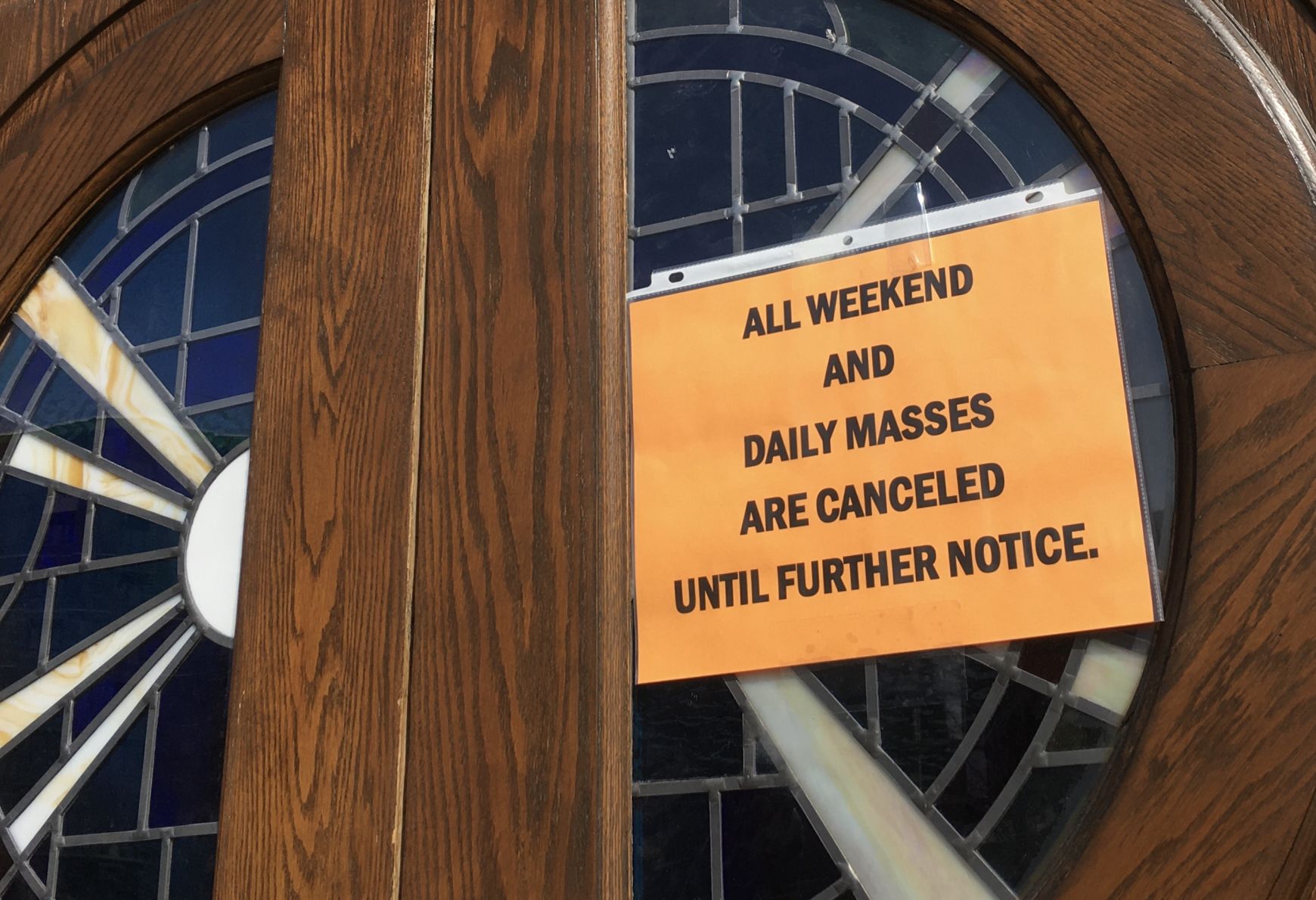
More than three years after a Weld County church filed suit challenging the constitutionality of Colorado’s public health response to COVID-19, the federal appeals court based in Denver has ruled the organization lacks standing to seek exemption to other hypothetical restrictions that may come in the future.
Grace Bible Fellowship in Brighton was successful in the early months of the pandemic in winning a narrow injunction against the state’s capacity limits and masking requirement. However, after Colorado lifted all COVID-19 restrictions, the church continued to seek a court order prohibiting the state from enforcing “any executive orders and/or public health orders” indefinitely.
Last week, a three-judge panel for the U.S. Court of Appeals for the 10th Circuit concluded that Grace, by focusing on public health measures possibly occurring in the future, could not sustain a legal claim against the state.
The church’s “alleged injury has come and gone: the complained-of orders imposing COVID-19 restrictions on plaintiffs are no longer in force,” wrote Judge Nancy L. Moritz in the panel’s March 29 order.
Case: Grace Bible Fellowship v. Polis
Decided: March 29, 2024
Jurisdiction: U.S. District Court for Colorado
Ruling: 3-0
Judges: Nancy L. Moritz (author)
Michael R. Murphy
Joel M. Carson III
Background: Federal judge exempts 2 Colorado churches from mask, capacity limits
In 2020, Grace – known as Community Baptist Church at the time – and Denver Bible Church obtained an injunction exempting them from some of the public health precautions Colorado imposed during the height of the pandemic. U.S. District Court Judge Daniel D. Domenico concluded the state lacked a compelling reason for applying occupancy limits and masking requirements to faith houses, while carving out exceptions for certain non-religious settings.
However, Domenico more broadly rejected the plaintiffs’ constitutional challenges to the Colorado Disaster Emergency Act and various health orders. The churches appealed to the 10th Circuit, but by the time a three-judge panel decided the case in January 2022, Colorado’s COVID-19 restrictions were gone.
Moritz, who also authored the 2022 decision, noted the release of a COVID-19 vaccine rendered it unlikely Colorado would ever need to impose masking, distancing or capacity requirements again. The recent surge of infections due to the omicron variant, with no corresponding public health restrictions, “underline the strength of the State’s position that it is not reasonably likely to reimpose pandemic-related restrictions on plaintiffs even when facing a surge in COVID-19 cases,” she wrote.
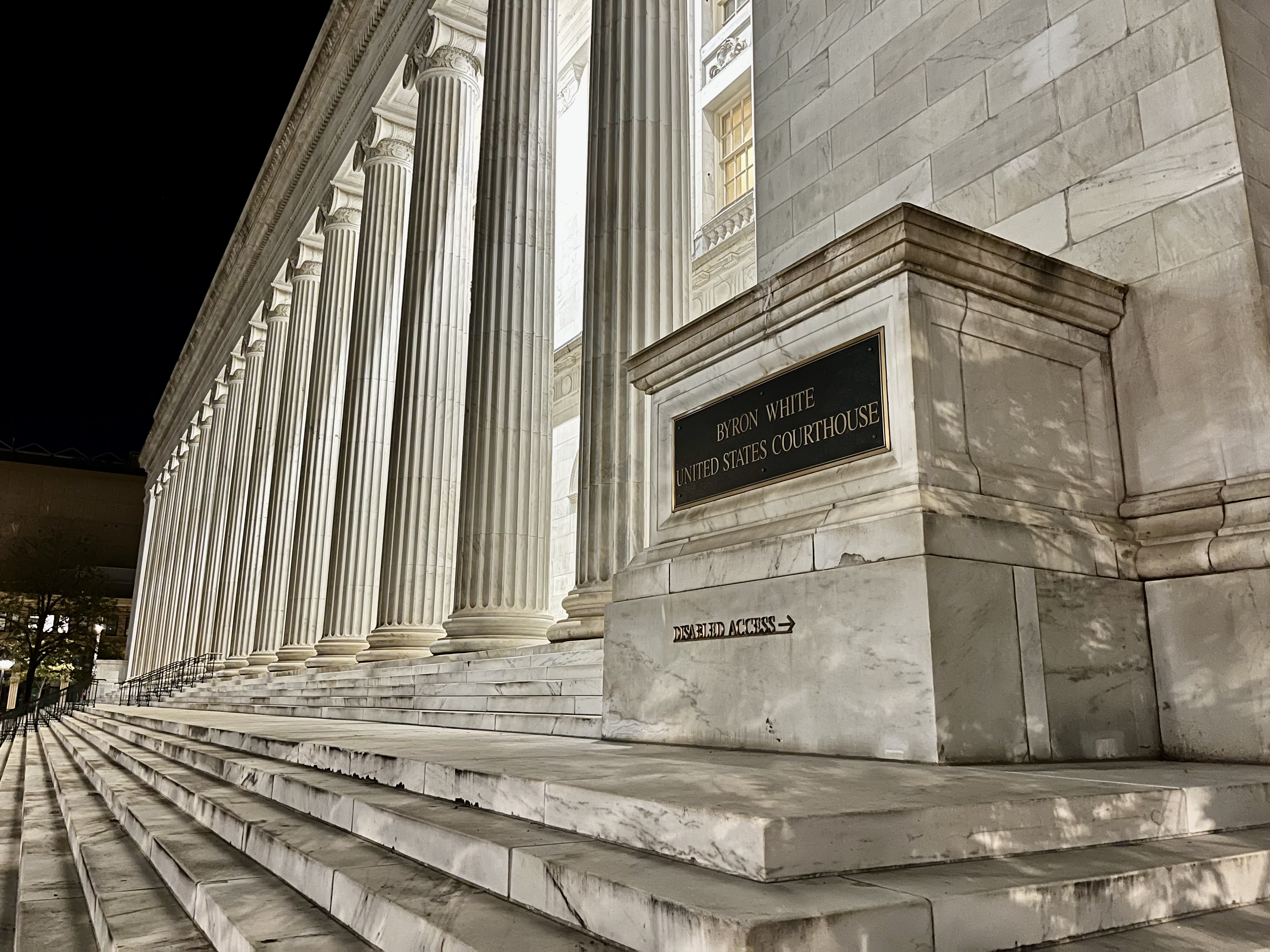
michael.karlik@coloradopolitics.com
Back in the trial court, Grace, now proceeding by itself, filed an amended complaint. Rather than pursue monetary damages for the state’s imposition of past public health orders, it continued to seek an exemption from any further health measures Colorado may issue.
In a March 2023 order, Domenico noted Grace was not subject to any emergency public health orders, nor was it facing an imminent threat of future restrictions. He called the church’s fears “not plausible,” while simultaneously broadcasting his own skepticism of the state’s public health laws.
“The presence on the State’s books of statutes that grant broad authority to the Governor and state bureaucrats to order extraordinary limits on the freedoms of its citizens in an emergency is worth pondering,” Domenico wrote. “That these statutes have been used in the recent past to adopt public-health orders that likely discriminated against religious activity is troubling. That the State at one point argued that the federal courts owe near-total deference to its determinations as to what extraordinary measures are warranted, and what counts as emergency that justifies such measures, is even more so.”
Nonetheless, Domenico dismissed the amended complaint. On appeal, Grace insisted the Colorado Disaster Emergency Act applied to circumstances other than pandemics, and it could be “reasonably assumed” the church would face further restrictions on its worship in the future. The state countered “no reasonable expectation exists” that any pandemic-era regulations will return.
The 10th Circuit agreed with Domenico that Grace lacked standing to pursue its lawsuit and, moreover, failed to show the Colorado Disaster Emergency Act unconstitutionally burdened its religious exercise.
The case is Grace Bible Fellowship et al. v. Polis et al.
